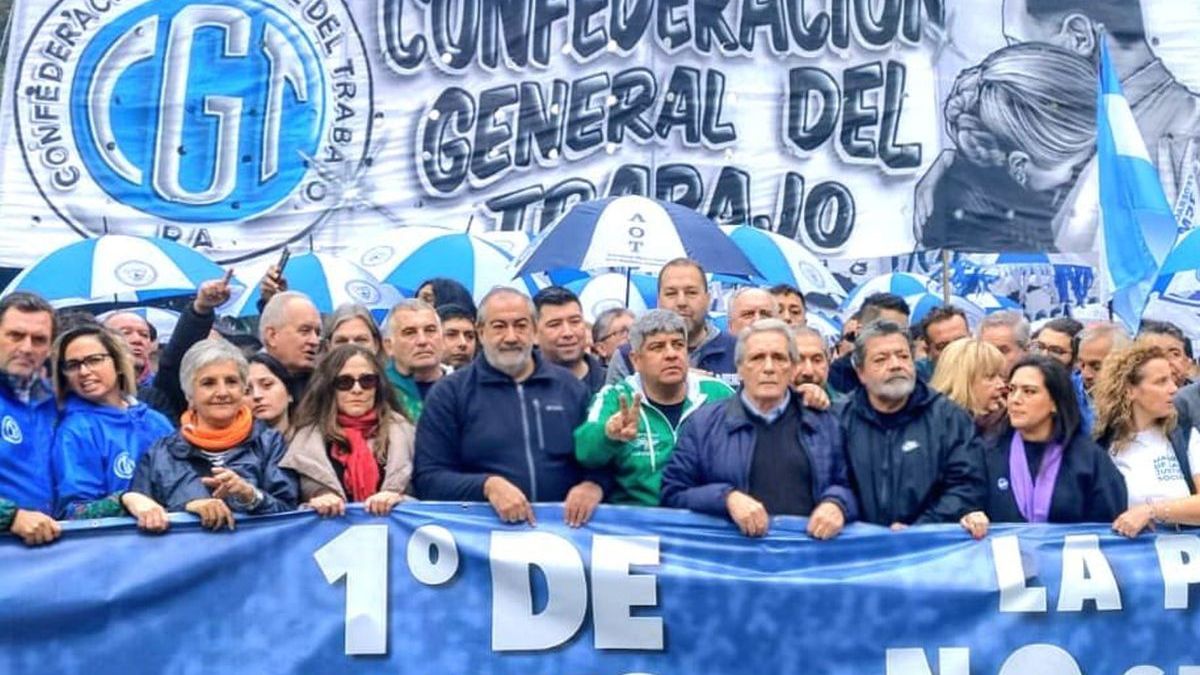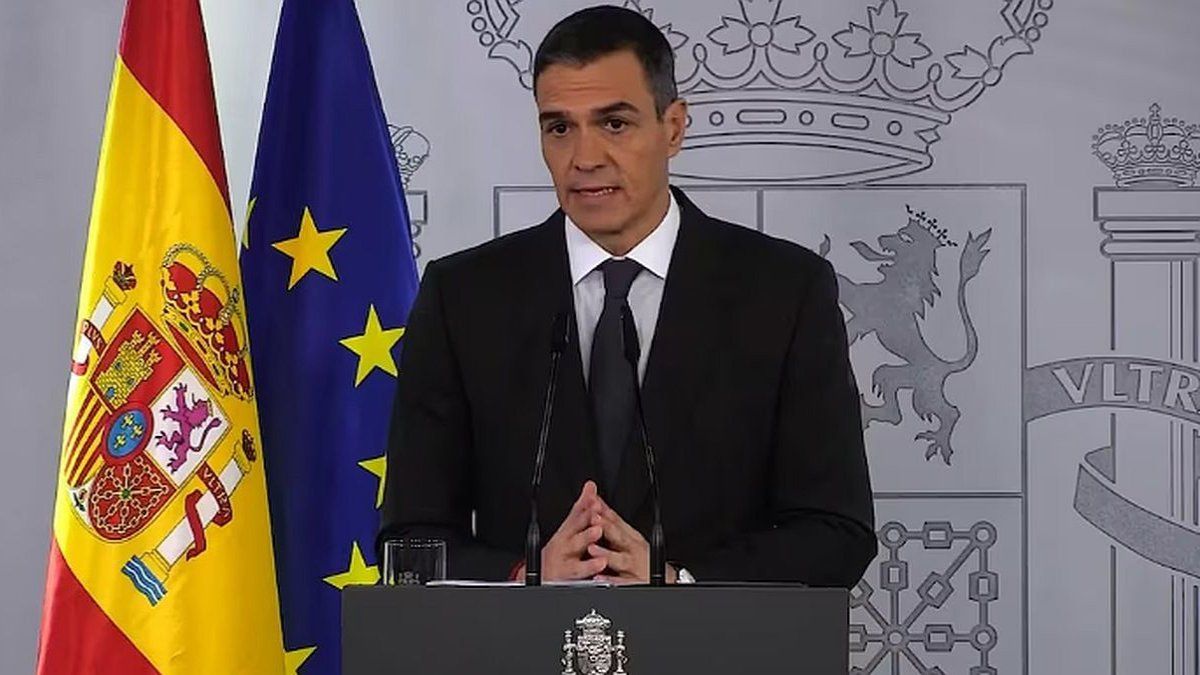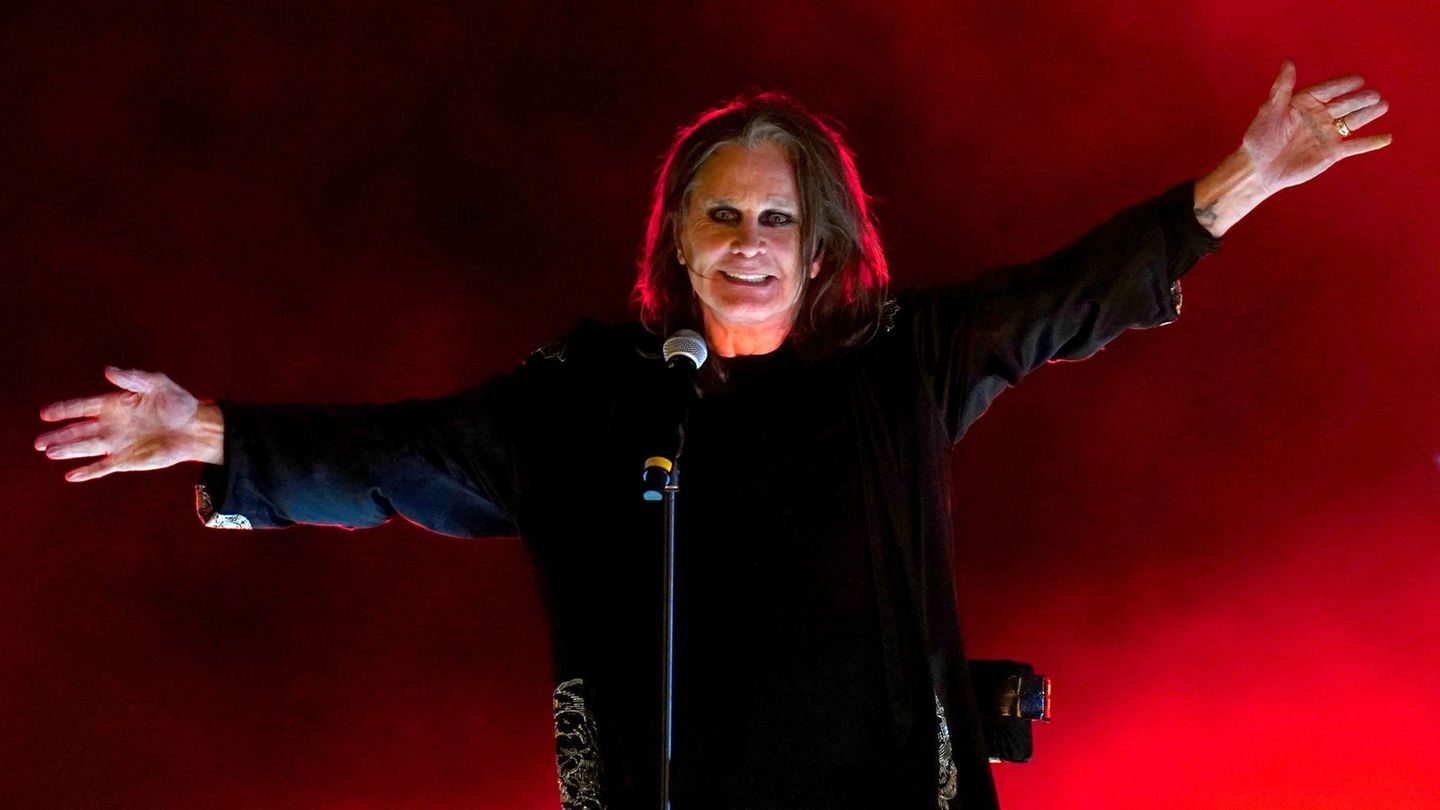The decision to join the strike was influenced by several factors. On the one hand, the discontent of thousands of workers who lost their jobs within the framework of economic adjustment. These, being unemployed, found themselves unable to stop, but they adhered to the slogans. On the other hand, after the 118% devaluation in December, there was a sharp increase in prices, rates, services and prepaid payments, while the government decided to step on salary increases through non-approval. This, among other things, raised spirits and generated a high level of support for the strike, which no longer mattered so much who called it but rather the reasons.
This strike exposed an Argentina divided in two. On the one hand, there are registered workers, who are governed by a collective agreement negotiated by a representative union and a business chamber, which allows them to earn more and have greater social coverage. On the other hand, there are unregistered workers, who lack guaranteed rights, equal rights that update their salary or access to a health system. In addition, there are monotributistas, among them those employed fraudulently to carry out work that workers should do under a specific collective agreement for an activity.
The “blank” workers were the ones who, for the most part, joined the May 9 strike, although there were exceptions. In contrast, many unregistered workers, even if they agreed with the strike’s slogans, chose to work out of economic necessity or fear of being fired, rather than out of support for the government or discontent with the general strike.
Although it is true that there was also a movement in networks to encourage going to work that day, and that some Argentines chose to do so as a sign of rejection of unemployment, premises were seen open but empty, some groups from certain companies in particular circulating, but empty.
The government set up a telephone number for workers to report union pressure to join the strike, accumulating more than 3,000 complaints that have not yet been verified. This measure could be seen as persecuting the freedom of unionization and does not consider cases where the worker is threatened with dismissal for wanting to join the strike. This affects the psychology of the worker due to the fear of losing their job, in a context of unemployment of 7.2%, which rises to 23% if the Enhance Work type plans are considered.
The importance of stoppages or strikes for workers.
History teaches us how labor struggles have been instrumental in improving working conditions around the world. Examples such as the Haymarket Strike in the United States, which promoted the eight-hour work day, and the Gdask Shipyard Strike in Poland, of great importance for the fall of the Berlin Wall, demonstrate the transformative power of collective action by workers. workers.
In the Argentine case, the historic Strike of October 17, 1945 marked a milestone by demanding the release of Juan Domingo Perón, which led to important labor reforms during his presidency. Strengthening unions and creating institutions to protect workers’ rights were key steps toward a more just and equitable society.
It is crucial to recognize that the protection of labor rights not only benefits workers, but also contributes to economic growth and social stability. The promotion of labor justice reduces tensions and conflicts, creating an environment conducive to the sustainable development of the nation.
Labor struggles and strikes have been and continue to be fundamental to the advancement of labor rights and social progress around the world. These battles are a constant reminder of the importance of protecting and valuing those who build the economic and social fabric of our society.
What is the origin of the DNU and the Base Law?
Both the DNU and the Base Law come from other pens than those of the President of the Nation. A great stir was generated regarding who wrote the DNU and the Base Law, since it emerged that some law firms and Federico Sturzenegger had already prepared in advance the modification of current laws. This modification was intended to be presented by Patricia Bullrich if she won the presidential elections in November. The only difference is that it was now presented by Javier Milei. Sturzenegger did not deny this.
In times when Milei attended Hugo Moyano’s mobilizations and was not yet a friend of Trump or Musk, he proclaimed ideas different from the current ones. He was against taxes on workers, in favor of a favorable context for entrepreneurs and against “prebendary entrepreneurs.”
Far from removing taxes from workers and small businesses so that they grow and generate new jobs, they chose to restore and incorporate taxes on workers and entrepreneurs (such as the income tax), open imports indiscriminately and increase energy and gas rates, which will add to the recession and hit small businesses and the national economy, generating more and more suspensions, opening of voluntary retirements and layoffs.
The project presented in December goes in the opposite direction to what Milei voters expected. The DNU and the Bases Law have more to do with Sturzenegger and a mandate from the “world” (Black Rock, among others) than with the libertarian ideas that were announced on television. This caused many liberal allies to abandon LLA, considering that Milei moved away from liberal ideas by allying himself with Macri, Caputo, Sturzenegger and company.
The question is if Milei always thought this way and hid it, or if this is a product of the conditioning that comes from the PRO.
The cancellation of the solidarity contribution and the “free” joint contributions by companies: Sturzenegger’s lament.
The aforementioned solidarity contribution is withheld from the salary of the worker not affiliated with the union and is used for the operation of the union institution. This contribution, which is always less than the union dues paid by the member, allows the non-union worker to receive the same benefits granted by the collective bargaining agreement and joint negotiations. For example, in the case of SPIQyP, an increase of 337% was obtained for the period from May 2023 to April 2024, which is received by both affiliates and non-affiliates.
The non-unionized worker benefits from the rights agreed upon through collective bargaining, one of whose pressure elements is the strike. Those who do not participate in the strike are not exposed to sanctions or dismissals, but they also receive benefits, which is unfair. Therefore, the fairest thing is to make a contribution for the acquired rights and to finance the operation of the institution.
Why does it affect Sturzenegger that a solidarity contribution to non-affiliated workers is deducted? Although this contribution is not paid by the companies, but by the workers, Sturzenegger and the employers, who today publicly lament, sought to annul this contribution to eliminate the link between the worker and the collective agreement. Thus, they will argue that it makes no sense for the worker to use the benefits of the agreement and that it is better to negotiate directly with the company. This would leave the worker alone with the employment contract law and without the support of the collective agreement.
This approach, which goes hand in hand with the idea of ”free” joint ventures per company, seeks to dismantle collective bargaining. Although the joint ventures are already free and are negotiated between private parties, if they were negotiated by company, the workers would lose at every opportunity. This is demonstrated in countless cases, which ends up generating the approach of workers to the union of the activity. In a model of free dismissal as proposed by Sturzenegger, there would be no agreement on improvements, since any complaint would be responded to with dismissals at no cost. Workers who lack a union to fight for them always receive lower wage increases than those who are unionized.
Furthermore, if instead of a single annual negotiation per activity there were thousands of negotiations per company, chaos would be generated in the national industry. Multinationals could handle it, but small companies and their workers would be left unprotected, with the employment contract law without superior collective agreements. This would make the work of the majority of the population precarious, deteriorating the quality of negotiations and, therefore, work and its productivity. Sturzenegger’s proposal about carrying out negotiations by companies exposes a distortion of reality, since there are currently numerous agreements by companies that allow operators of more profitable companies to obtain salaries higher than those established in the agreement and better working conditions.
GENERAL SECRETARY UNION OF STAFF OF CHEMICAL AND PETROCHEMICAL INDUSTRIES OF THE CITY OF BUENOS AIRES
Source: Ambito
David William is a talented author who has made a name for himself in the world of writing. He is a professional author who writes on a wide range of topics, from general interest to opinion news. David is currently working as a writer at 24 hours worlds where he brings his unique perspective and in-depth research to his articles, making them both informative and engaging.




